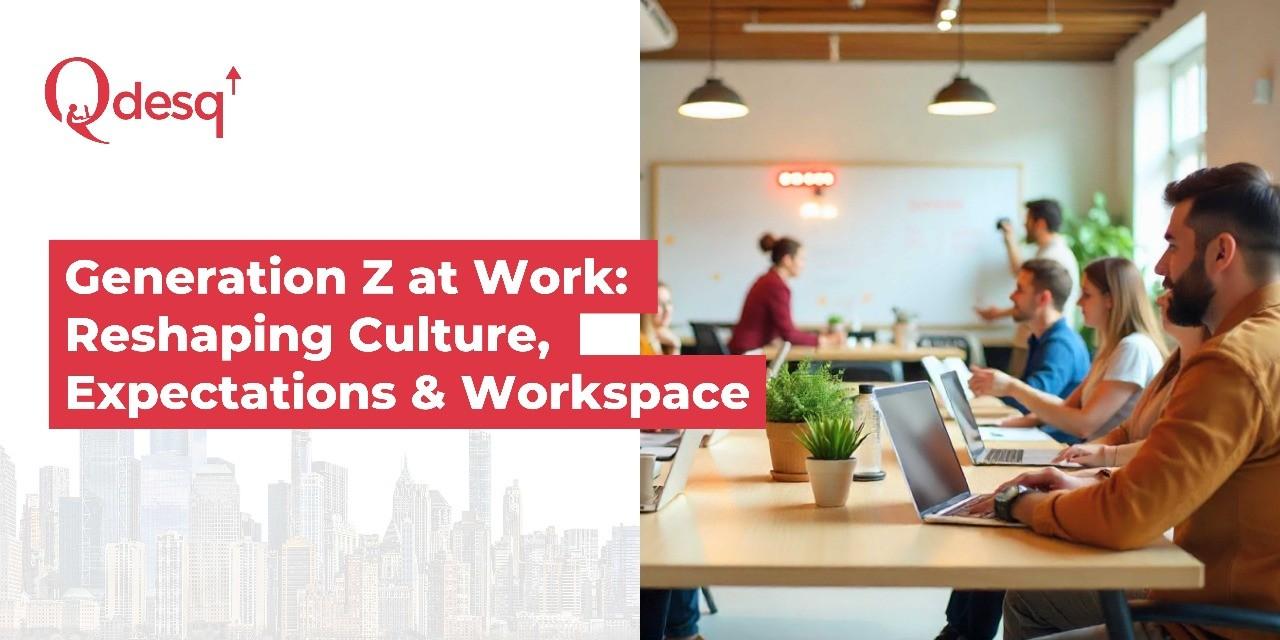Generation Z is not only starting their careers but also redefining the concept of work itself. As companies adapt to a fast-paced future, understanding the real expectations and priorities of young professionals matters more than ever. Let’s tackle the big questions about Gen Z, explore the workplace shifts underway, and uncover practical ways organisations can build thriving, flexible teams.
What Are Gen Z Employees Really Asking?
Today’s young talent wants more than a payslip—they’re seeking meaning, impact, and a voice at the table. Here are questions being asked in offices around the world:
- How can work be more flexible?
- Where does purpose fit into corporate life?
- What does a supportive office culture actually look like?
- How can companies foster real engagement and trust?
Employers who answer these queries quickly and clearly are setting themselves up for long-term loyalty and stronger results.
Gen Z’s Redefinition of Workplace Culture
Forget the old top-down culture. Gen Z thrives in workplaces that celebrate diversity, encourage dialogue, and welcome fresh ideas from every corner of the team. Openness is critical: young professionals expect leaders to share vision and invite input, not just dictate terms.
This shift is visible in demand for feedback-driven environments, collaborative brainstorming sessions, and a move away from rigid hierarchies. Gen Z is pushing teams to be more equitable, empathetic, and transparent than ever—an evolution that benefits everyone.
Communication: Fast, Flexible, and Two-Way
Members of Generation Z have spent their entire lives using smartphones. Quick chats on Slack, crisp video calls, and concise written updates are second nature. But fast doesn’t mean shallow—this cohort values honesty, directness, and immediate recognition for good work.
To engage Gen Z, organisations should:
- Keep communication channels open and multi-modal (chat, video, in-person)
- Encourage honest feedback and two-way review processes
- Recognise individual achievements regularly
Such practices not only help retain Gen Z employees, but they also transform team morale and productivity across age groups.
Flexible Work: The Non-Negotiable
Remote work and flexible scheduling are basic expectations for many Gen Z professionals. This generation thrives in environments where trust, results, and well-being matter more than clocking in hours at a desk.
Workspaces that succeed with Gen Z are:
- Hybrid and tech-enabled: Seamless toggling between office, home, and coworking environments
- Outcome-oriented: Focus on results and quality, not just presence
- Supportive of wellbeing: Emphasise mental health resources, no-interruption zones, and autonomy
By supporting flexible arrangements in coworking spaces, companies can unlock fresh energy and creativity—and future-proof their talent pipeline.
Tech Savvy & Digital Transformation Champions
Gen Z expects technology to streamline and enhance the workday, not complicate it. Outdated systems are a frustration, while intuitive digital tools become talent magnets.
Organisations catering to these expectations often:
- Introduce cloud-based productivity platforms, knowledge sharing hubs, and smart meeting spaces
- Invest in up-to-date software and ergonomically designed hardware
- Encourage digital upskilling and learning on demand
Adapting tech environments demonstrates commitment to modern work—an essential ingredient for Gen Z loyalty.
Purpose, Diversity & Real Inclusion
Values-driven employment is not just a slogan. For Gen Z, companies that support sustainability, community engagement, and workplace equity win out—sometimes even over higher salaries.
What truly motivates Gen Z?
- An inclusive culture with clear diversity goals
- Opportunities for continuous learning and personal growth
- Meaningful corporate social responsibility (CSR) initiatives
By integrating purpose and conscious leadership into daily operations, employers set a compelling example for all staff.
Real-World Solutions: Creating Workspaces that Work
Equipped with new expectations, Gen Z is gravitating towards flexible workspaces or coworking spaces that foster connection, innovation, and balance. Smart organisations are responding by:
- Designing adaptive office layouts with dedicated quiet zones, collaborative spaces, and wellness areas
- Partnering with coworking aggregators to offer flexible work options in all cities
- Surveying staff to tailor workspace offerings to local needs—seeing geography not as a constraint, but as an advantage
Such moves pay dividends in engagement, resilience, and attraction of top-tier talent.
Positive Outcomes and Lessons for Leaders
Organisations that embrace the Gen Z transformation unlock marked improvements in employee motivation, lower turnover, and heightened brand reputation. Fostering a culture of belonging creates ripple effects across generations, driving everyone to new levels of performance.
Successful leaders stay curious, value expertise from every corner, and are unafraid to experiment with new workspace strategies. Every “problem” is a launching pad for a smarter, more flexible business.
Conclusion
Generation Z’s arrival is not just a wave—it’s a tide reshaping how business gets done. Companies prepared to listen, adapt, and continuously improve will reap the rewards of a motivated, loyal, and future-proof workforce. Flexible spaces, supportive cultures, and a shared sense of purpose are now baseline requirements—not fringe benefits.
If your team is ready to unlock the real value of Gen Z talent, now’s the moment to act. Let’s shape the next chapter of work—together.
Connect with Qdesq workspace experts and build a Gen Z-friendly, high-performance workspace that delivers flexibility, innovation, and growth for future-focused teams.











